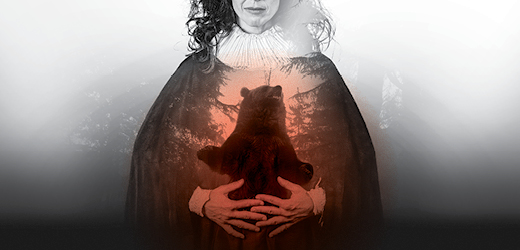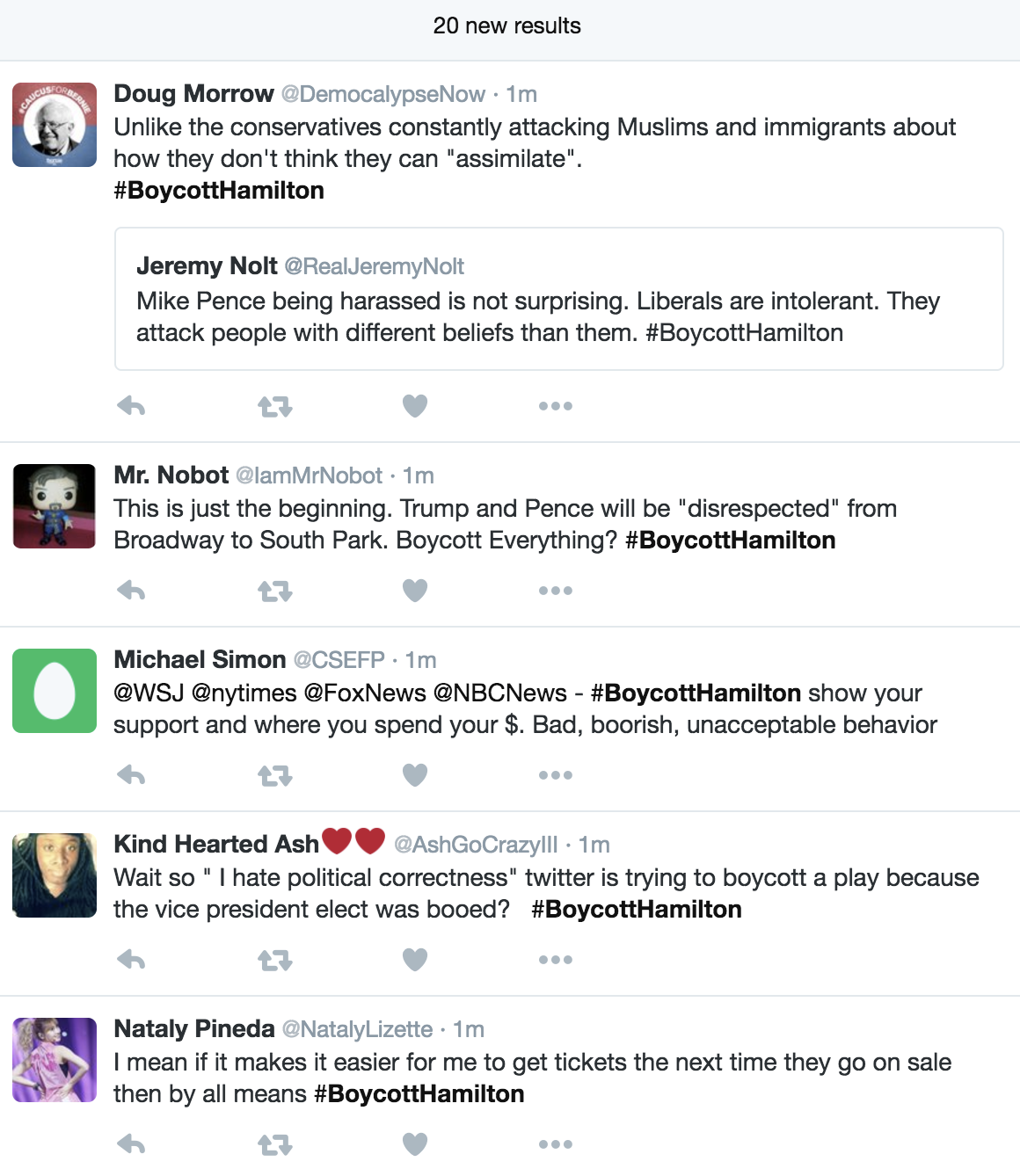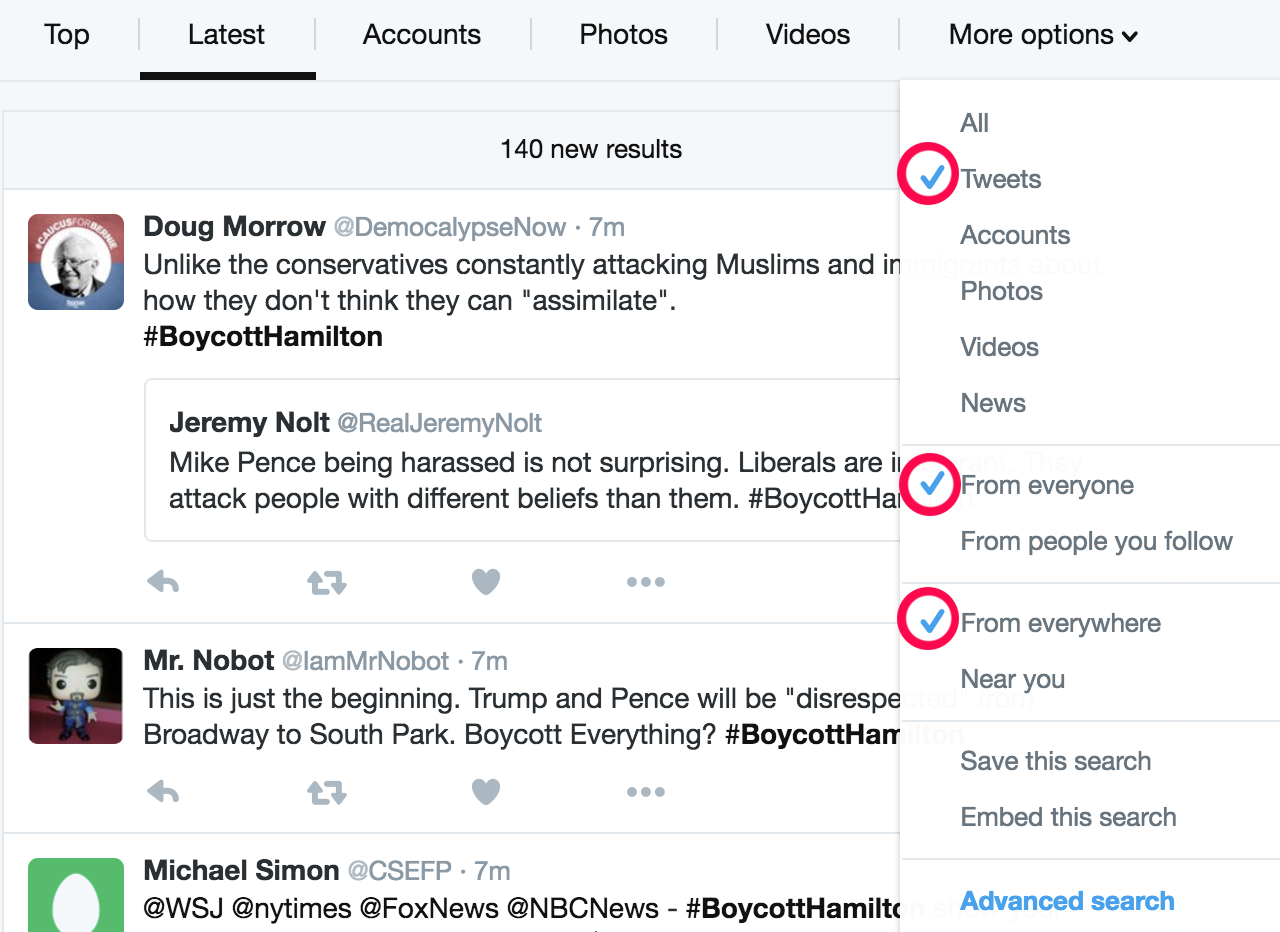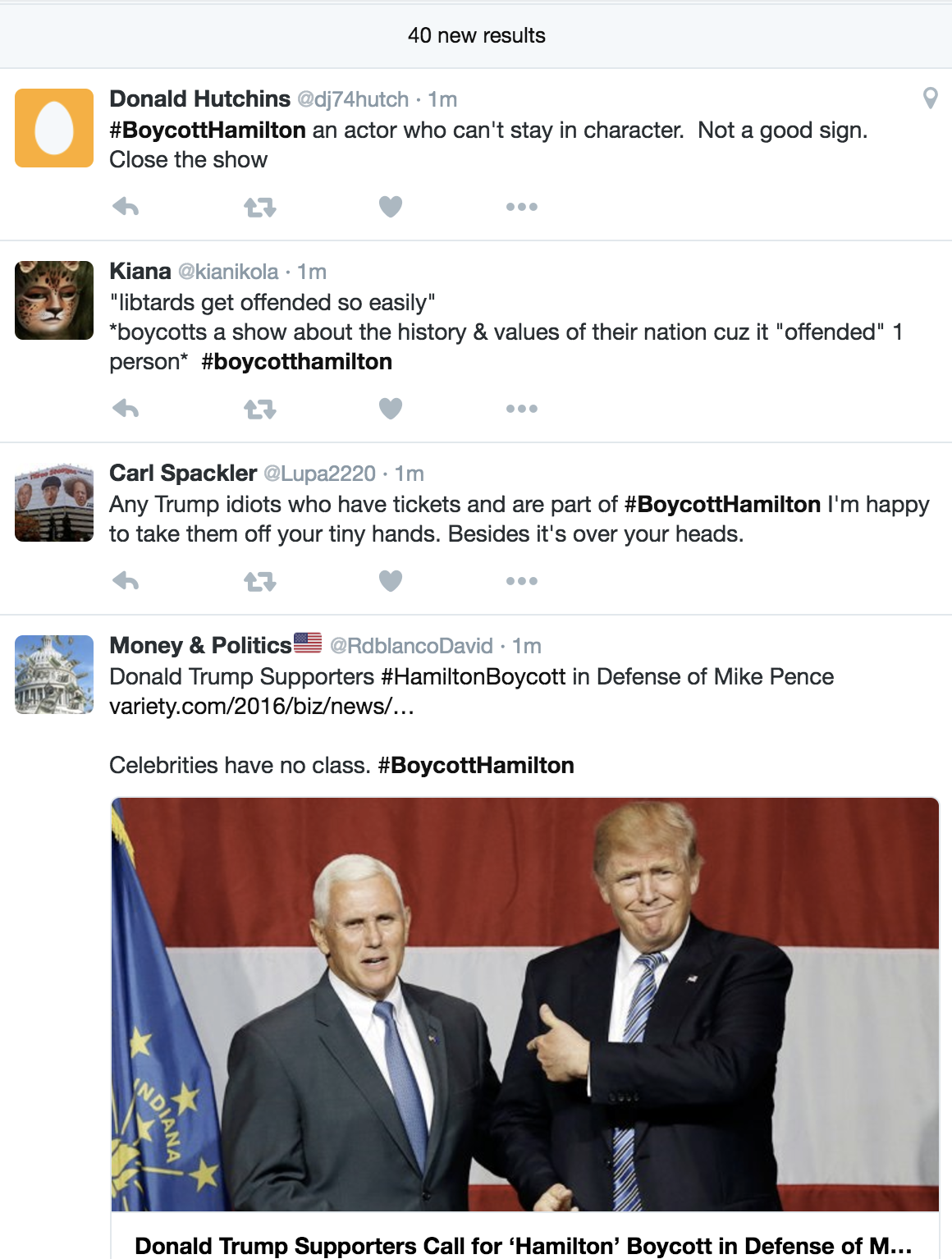Tagged: Opinion
Elle at the PTE
- by Alyson Shane

There are few things as powerful as a strong one-person performance, and while Severn Thompson's performance in Elle wasn't completely solo, the 90 minutes that she spent on the stage, almost entirely on her own, were appropriately gripping and moving.
Exploring French-Canadian History
Elle is a theatre adaptation of the Douglas Glover’s 2003 novel of the same name which is currently playing at the Prairie Theatre Exchange. The story focuses on the tale of harrowing survival in pre-colonial Canada, and weaves in themes of feminism, magic, and terror into a gripping performance that demands to be seen.
The play, and the novel upon which the play is based, are an interpretation and expansion of the incredible story of Marguerite de La Rocque de Roberval, played by Severn Thompson, a French noblewoman who travelled to Canada and was marooned on the Isle of Demons, a phantom island, an island off the coast of Newfoundland. She was marooned by the captain of the ship, her relative, who dumped her overboard as punishment for taking a lover during the voyage.
Marguerite is joined by her lover Richard, her maid Damienne, and a boat full of broken tools. Discovering that she is pregnant, she struggles through a series of hardships as her pregnancy progresses: Richard becomes ill and dies; Damienne, too, eventually succumbs to starvation and sickness, and, pregnant and alone, Marguerite's spirit begins to break.
A character who began as a confident and aloof young woman is suddenly left to face the harsh Canadian winters alone, and Thomson's portrayal of a woman whose spirit is breaking in front of you is chilling take on dark humour, to say the very least. As she climbs inside the skin of a bear, worn-out, cold, and ready to give up, she is discovered.
Itslk, played by Johnathan Fisher, is an Indigenous hunter who believes that Marguerite is a spirit, having watched her emerge from inside the bear. He teaches her how to hunt and cook meat, and the real and spirit world begin to blend as Marguerite becomes more in touch with her newfound home.
Intimate and Gripping
Being the sole (or largely solo) actor on stage can be daunting, and often falls flat, but Thompson's depiction of a woman going through a traumatic experience and surviving managed to be both alarming and darkly funny. At times, when Thompson is describing their dire state on the island, living off of “books, bird bones and tennis balls” you almost feel bad for laughing as she trounces around the stage.
The most striking part of the performance, however, was how the stage was integrated with the story. The entire play takes place in front of a large structure which resembles a rib cage (an homage to the bear Marguerite finds, perhaps?) and is the perfect play to see at the Prairie Theatre Exchange because of the smaller stage size and the intimate setting.
By using a long sheet and wrapping it in various ways around the structure the stage is transformed from a ship, to a tiny tent, to the belly of a bear, and more. At one point, while Thompson wound herself up inside the sheet, crying out, it could almost be believed that she was truly losing her sanity.
Elle is a play worth seeing, and a reminder of the hardships that faced both colonists and Indigenous peoples alike all those centuries ago.
Why We Need Twitter (or Something Like It) More Than Ever
- by Alyson Shane
For myself, and many people that I know, the world feels like an unfamiliar place right now.
The recent election of Donald Trump in the United States, and the apparent rise of white nationalism, anti-feminism, Islamophobia, homophobia, antisemitism, etc. (also known as the "alt right") has many people feeling scared and confused, and a lot of articles, from WIRED to Mashable, have emerged recently about the "echo chamber" that social media, particularly Facebook, has created which has led us to where we are today.
With that in mind, I wanted to discuss some of the ways in which I believe Twitter is actually getting things right in terms of providing a non-insular opportunity for people to express themselves, easily find dissenting viewpoints, and engage with them in conversation.

Before we begin
I know that there are a lot of dissenting views out there about Twitter, and it's usefulness as a social platform. Before I go too much further, let me get these things out of the way:
- Yes, I know that their CEO is wildly unpopular
- Yes, I know they have had issues addressing harassment and hate speech in the past
- Yes, I know that their value has tanked
- Yes, I know they have issues acquiring new users
This post isn't about any of those things.
What I'd like to do is discuss some of the things that make Twitter an important and necessary platform for our society right now, and how it (or something with the features I'm going to highlight) must continue to offer in order to allow for citizen journalism, the sharing of thoughts and ideas, and discussion online.
Hashtags (that people really use)
This morning I got up and read (on Twitter) that the cast of the Broadway musical Hamilton delivered a speech to United States vice-president elect Mike Pence at the end of their show last night. Within a few hours, right-leaning Twitter users took to the social network to start pushing a hashtag called #BoycottHamilton, urging (rather obviously) Trump supporters to boycott the play.
The fact that a hashtag emerged isn't what's important, but what you see when you click on the hashtag is:

Even in this single snapshot we see a series of diverse opinions. Some don't take it seriously, some are worked up, etc. Not only does a timeline around a hashtag display diverse opinions, but Twitter also offers you this added level of engagement with a hashtag's tweets:

These settings are on by default. This means that in order to find yourself inside a Twitter echo chamber, you literally have to take the necessary steps to insulate yourself against opposing viewpoints.
Compare this to Facebook, which deliberately shows you news items and articles that appeal to you and goes out of their way to make changing those settings a challenge. Yes, hashtags are available to use on Facebook, but according to a 2016 BuzzSumo report, posts without hashtags received more interaction than posts with hashtags. This means that not only are hashtags not popular in Facebook, but that including a hashtag in your post actually lowers the likelihood that someone will engage with it.
So not only is Facebook pushing appealing news at you, but the primary tool at your disposal to find dissenting voices (a hashtag) are rarely used. This means that in order to find different opinions you either need to already be Facebook Friends with someone who disagrees with you, or you have to already subscribe to a Facebook Page or Group where you're likely to hear dissenting views.
But even in that scenario, you still have to actively seek it out, Like, and in some cases apply to join, a Group or Page which espouses views that you disagree with. Then, once you start expressing your opposing viewpoints you encounter the next hurdle: the wall of text. Which brings me to my next point:
Character and post length
Algorithms aside, one of the biggest differences when it comes to hearing opposing viewpoints online, and actually paying attention to them, is that Twitter forces you to be brief, at least in the context of a single tweet.
On Facebook there's no character limit, which means people can (and do) go on ad nauseam to explain their point of view. There's nothing inherently wrong with this, but it highlights the difference that Twitter acts like a conversation, while Facebook acts like a soapbox.
Being on the receiving end of a "Twitter storm" sucks; I can tell you from experience. But it's much easier to process and digest someone else's point of view in 140 characters than digesting (and responding to) several massive paragraphs (or, if you're unlucky, a single monolithic wall of text.)
Tweets, for all their faults, force people to break up their thought process, which provides opportunities for others to interject, respond, and get involved without having to unpack multiple paragraphs of text. I've engaged in debates with people on Twitter over a specific hashtag and more often than not both sides receive support from people who happened to see the conversation, and wanted to participate.
On the flip side, Facebook allows comments to be up to 63,206 characters in length, according to a 2016 HubSpot article. To put that into context: the average book is approximately 500,000 characters, meaning you can fit an entire novel in 9 Facebook status updates.
Just because tweets are shorter doesn't mean that they won't get ignored, or fluffed off, but when a Facebook user replies with a wall of text, a common sign of trolling, it's much easier to dismiss or simply ignore it.
Encouraging conversations
One of the points that I made earlier was about hashtags, and how searching for a hashtag meant that you could easily find differing opinions. It's also important to note that including a hashtag in your tweets also means that other people can easily find you.
Tweeting about a topic like #BlackLivesMatter, #Election2016 or #MAGA (to name just a few) will not only bring like-minded users out of the woodwork, but it's almost guaranteed that someone from the other side of the political spectrum will tweet back at you.
Tweets which include hashtags are 33% more likely to get retweeted than those that don't use them, and this (somewhat older) article from Sysomos which examined over 1.2 billion tweets in two months, which states that "29% of all tweets produced a reaction - a reply or a retweet. Of this group of tweets, 19.3% were retweets and the rest replies."
This 2016 report found that Twitter accounts for 30% of all global social sharing. At 500 million tweets sent each day (or 6,000 tweets every second), that's a lot of replies and retweets, even if Sysomos' 2010 numbers haven't grown since the article was published.
Not only does voicing your opinion on Twitter increase your chances of interacting with someone who disagrees with you, but when a discussion is retweeted, its visibility becomes amplified too. As more users participate, it increases the likelihood that you will run into someone who disagrees with you even more.
Default "public" profiles
Transparency is, in my opinion, the defining feature which makes Twitter such a powerful tool for discussion: when you tweet at someone your reply is completely public.
Unless you go out of your way to change your Twitter profile to "private," your entire tweet history including replies, retweets, quotes, and media will be available for any one whether they are logged in to Twitter or not. And if a tweet is retweeted, even deleting it later won't delete the retweet copy.
Facebook, conversely, was designed to be a more exclusive experience. From day one Facebook's defining feature has been a user's ability to selectively choose who can see what they share, and, for the most part anyway, the conversations you are able to have are limited to the amount of Facebook Friends you've approved, or the number of Groups or Pages you Like or participate in.
While the average Facebook user's Timeline isn't completely private (posts which tag other users, for example, will show up unless otherwise specified) and their comments may be seen if another user's privacy settings are more lax, overall what you say on Facebook isn't immediately available to the public in the same way that Twitter's Timelines are.
Yes, people are can be "outed" if they say something that another user disagrees with, but unless the person is a celebrity, political figure, or person of interest, the average user isn't going to re-share a hateful comment their coworker made and say "I never realized that so-and-so in Accounting was such an antisemite!"
We just don't call each other out in that way on Facebook at a personal level, and on Twitter, we don't really need to, because whatever a user posts is readily available to the world at large.
Easy access to a variety of opinions
Until recently, when we examined a specific historical event or time we had a limited number of sources to draw from. Nowadays, social media allows us to look into the life of the average person and experience, sometimes in real time, what they are experiencing.
Probably the most memorable of these incidents was the Twitter coverage of the protests over the 2009 Iranian election. Foreign media had been banned from reporting, and the stream of live coverage from everyday citizens on the ground led to a request from the U.S. State Department to put off scheduled maintenance which would have caused an outage in Iran during the protests.
Twitter provided the world with access to real-time information about a national crisis, and ever since has become the go-to source for breaking news including weather, political uprisings, and more. But it does more than just give us "on the ground" access to important events; it allows for public scrutiny of the facts, so that while false information will still get around, corrections have the chance of spreading in realtime too.
By using hashtags to discuss a common theme or event, Twitter users are able to contribute to a global and multi-faceted real-time narrative about what's happening in the world that they live in. Clicking on the hashtag they're using will show them a diverse array of opinions on the topic.
Here's another screenshot of some of the 'Live' #BoycottHamilton tweets:

In closing
To be clear: I don't think that Twitter is the perfect platform. It has its share of flaws and issues, and eventually something will come along to replace it (hence the title of this post).
However, I do think that it's important to discuss the elements of the social network which I think make it good, and relevant. Twitter is an important tool for discussion and news, and provides more opportunities for users to engage with people outside of their "echo chamber."
Now, more than ever it seems, we need to be able to hear what other people have to say.
Tea Party audience cheered for letting the uninsured die
- by admin
this is probably one of the most disgusting things I have ever seen in a 'civilized society'
the amount of ego, ignorance and selfishness involved to
cheer about letting an uninsured person die
is something I can't grasp
whatever happened to being a good person
looking out for your fellow man
basic human decency
remember that Jesus guy in that book all the Tea Partiers love so much?
what would he have to say about this
don't you think he'd be disappointed in the way these people think?
